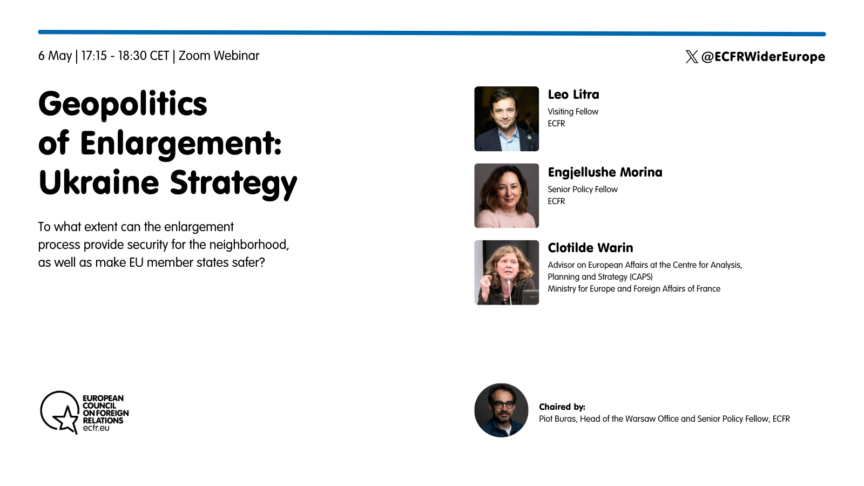
Geopolitics of Enlargement: Ukraine Strategy
This webinar will discuss current revisions of the EU approach to enlargement policy and the security implications for Ukraine and the neighborhoods

This webinar will discuss current revisions of the EU approach to enlargement policy and the security implications for Ukraine and the neighborhoods
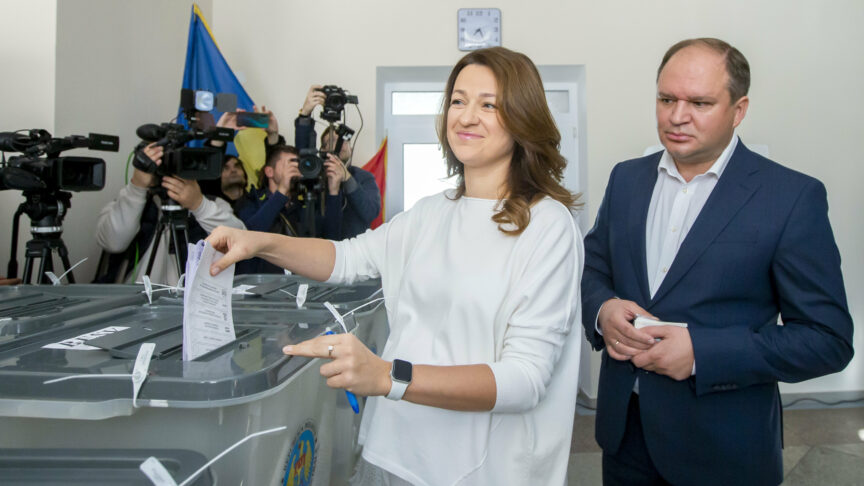
Moldova’s recent local elections faced unprecedented levels of Russian interference. In the lead up to the presidential election next year, the EU should help Moldova counter these threats before it’s too late
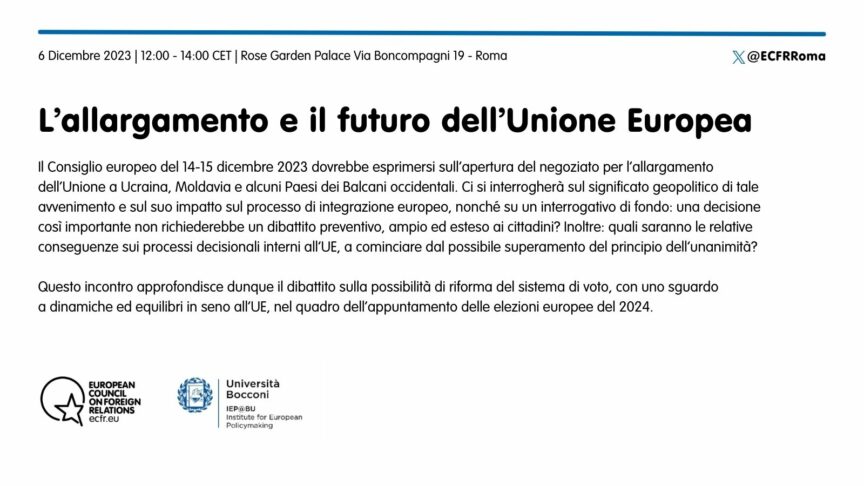
Secondo appuntamento di una serie di tre working lunch realizzati congiuntamente da ECFR Roma, SDA Bocconi e l’Institute for European Policymaking @ Bocconi University
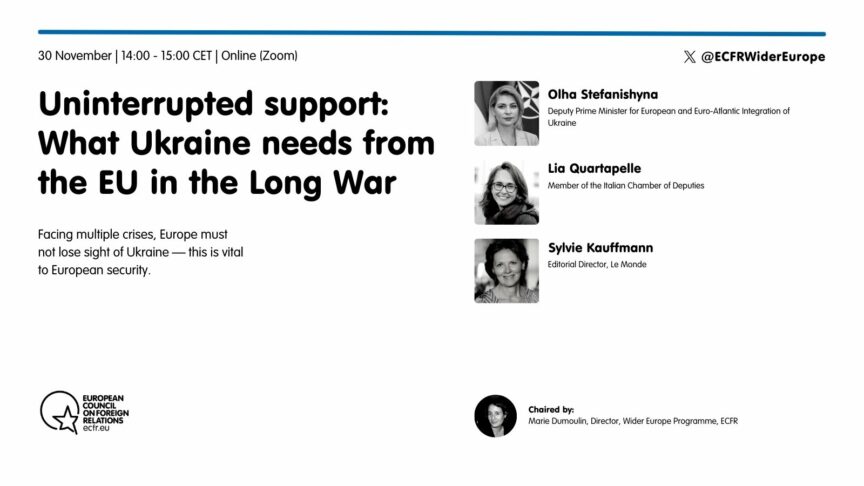
Ahead of the European Council in December where accession talks with Ukraine are expected to be opened, the European Council on Foreign Relations (ECFR) is…
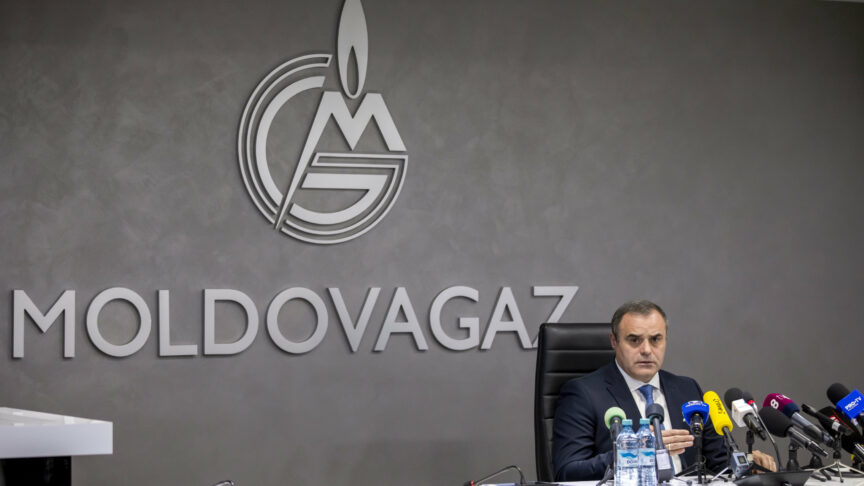
Over the past year, Moldova has rid itself of Russian gas supplies. But it still receives electricity from the Russian-sponsored breakaway region of Transnistria. Ending this final dependency would bolster Moldova’s security – and Europe’s
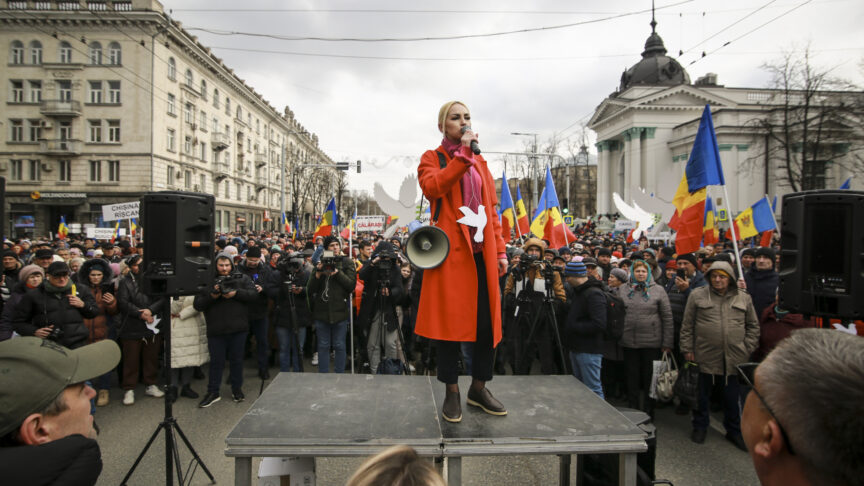
Russian political proxies are weaponising protests in Moldova, escalating Russia’s hybrid war in the country. Despite optimistic appearances, Moldovan authorities are ill-prepared to face this crisis
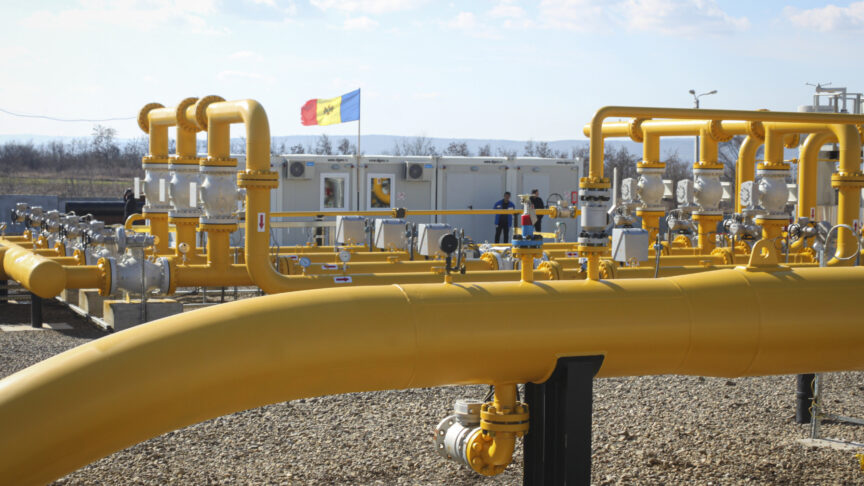
If Moldova can resist Russia’s weaponisation of gas and get through this winter, it should be able to make strong progress on its programme of reforms
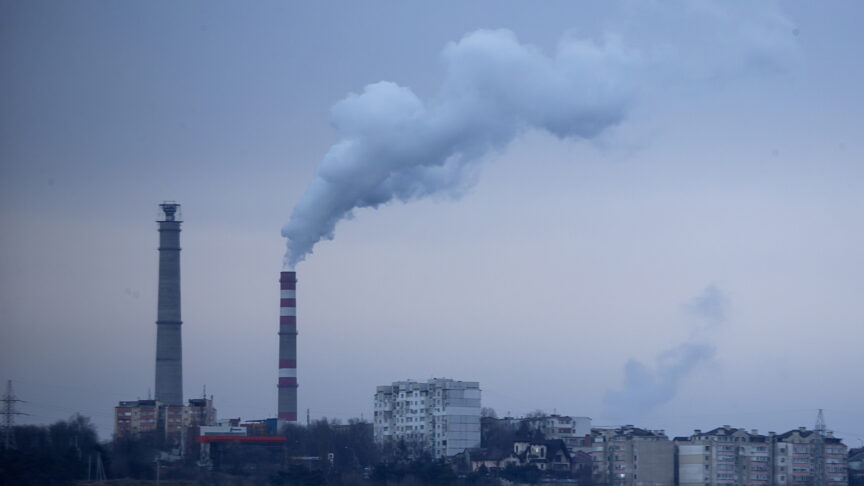
Moldova’s total dependence on Russian gas makes it a key front in Moscow’s hybrid war. The EU should help Moldova diversify its energy supplies to prevent further destabilisation
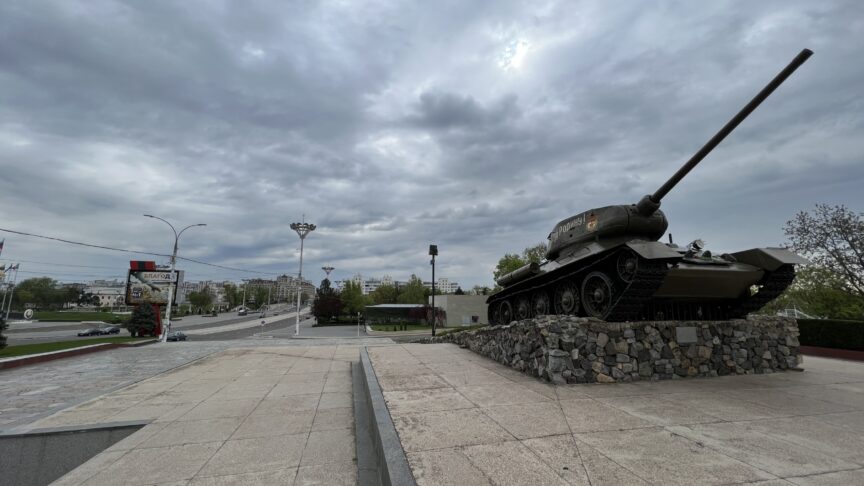
Russia could target Moldova by embarking on a limited-scope but overt military invasion – or by pursuing more covert hybrid aggression scenarios. Moldova and the EU need to embrace “active resilience” to address this

A European political community would help candidates for EU membership resist outside pressure and enact democratic and economic reforms

If Moldova can resist Russia’s weaponisation of gas and get through this winter, it should be able to make strong progress on its programme of reforms

Russia could target Moldova by embarking on a limited-scope but overt military invasion – or by pursuing more covert hybrid aggression scenarios. Moldova and the EU need to embrace “active resilience” to address this
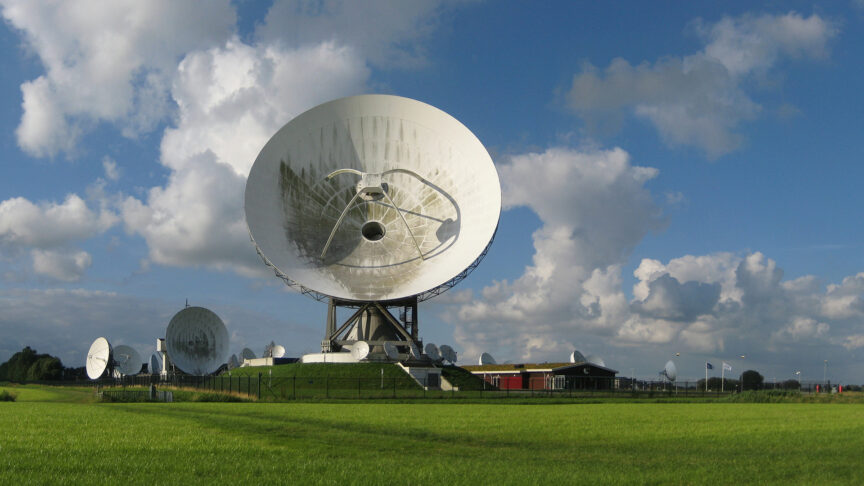
The EU should offer Georgia, Moldova, and Ukraine a new intelligence and security compact to help strengthen their security against Russia
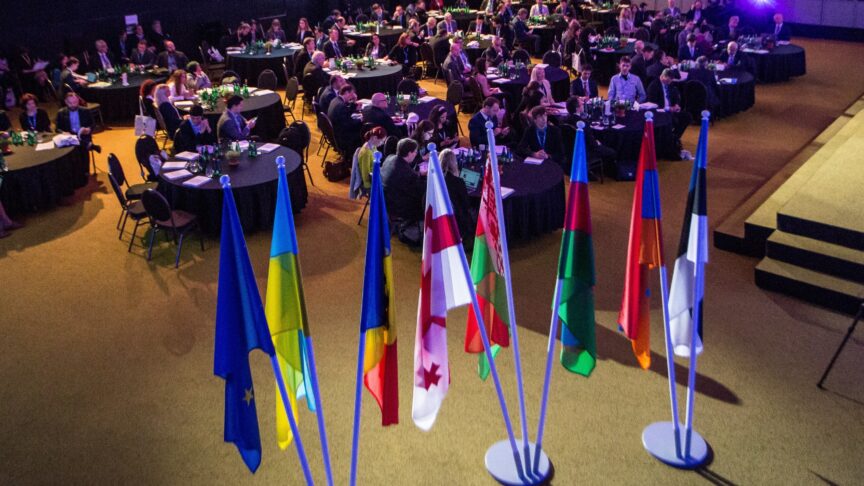
Young diplomats in Eastern Partnership countries are optimistic and pro-European. Many of them want the EU to become a bolder geopolitical actor
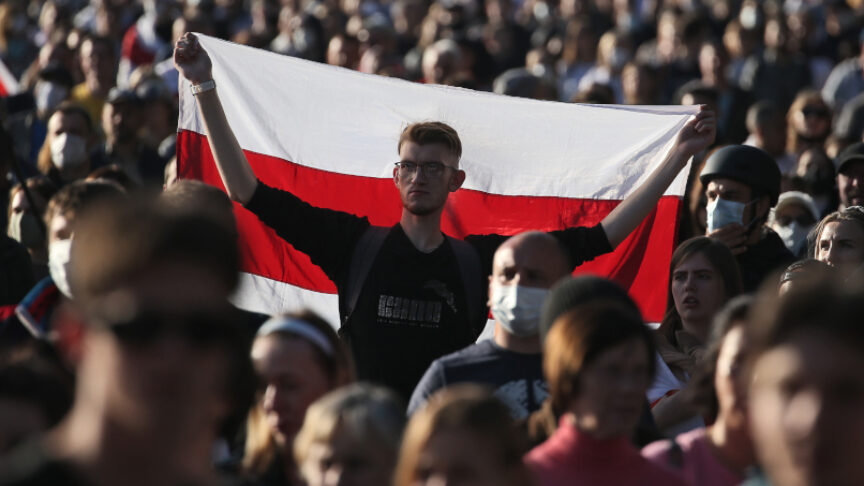
The EU should make use of its significant leverage in Georgia and Moldova to counter their ruling parties’ extensive repertoire of electoral dirty tricks
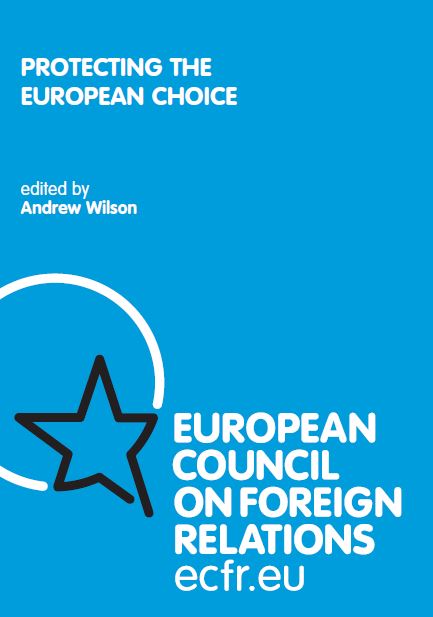
Europe must change policy towards Russia to protect partnering countries
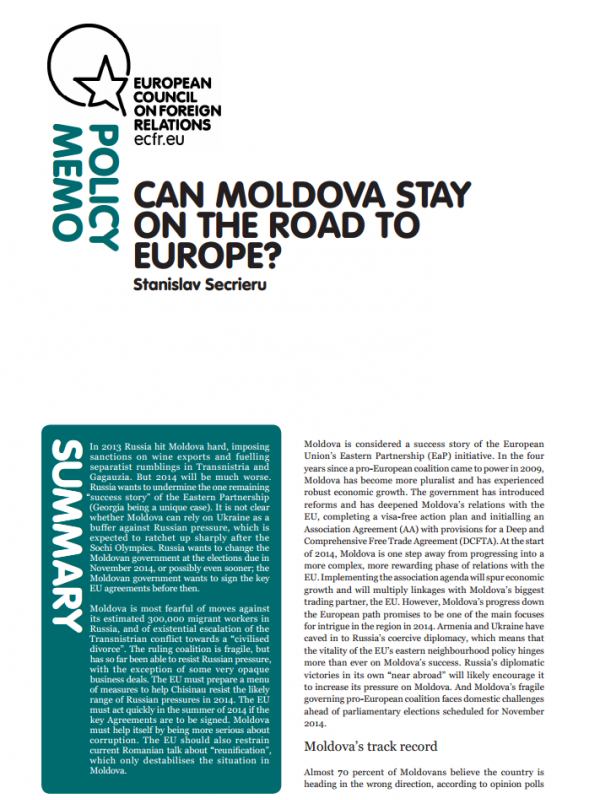
What Russia will do and how Europe can respond
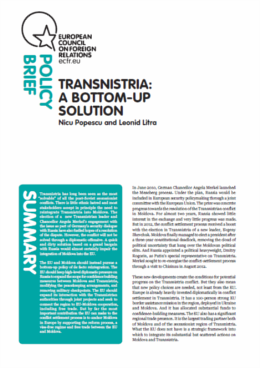
How to defrost Moldova’s frozen conflict

Moldova’s recent local elections faced unprecedented levels of Russian interference. In the lead up to the presidential election next year, the EU should help Moldova counter these threats before it’s too late

Over the past year, Moldova has rid itself of Russian gas supplies. But it still receives electricity from the Russian-sponsored breakaway region of Transnistria. Ending this final dependency would bolster Moldova’s security – and Europe’s

Russian political proxies are weaponising protests in Moldova, escalating Russia’s hybrid war in the country. Despite optimistic appearances, Moldovan authorities are ill-prepared to face this crisis

Moldova’s total dependence on Russian gas makes it a key front in Moscow’s hybrid war. The EU should help Moldova diversify its energy supplies to prevent further destabilisation

A European political community would help candidates for EU membership resist outside pressure and enact democratic and economic reforms

Europeans should urgently increase Frontex assistance to Moldova, enhance intelligence cooperation, and consider positioning NATO units based in Romania closer to the country’s border
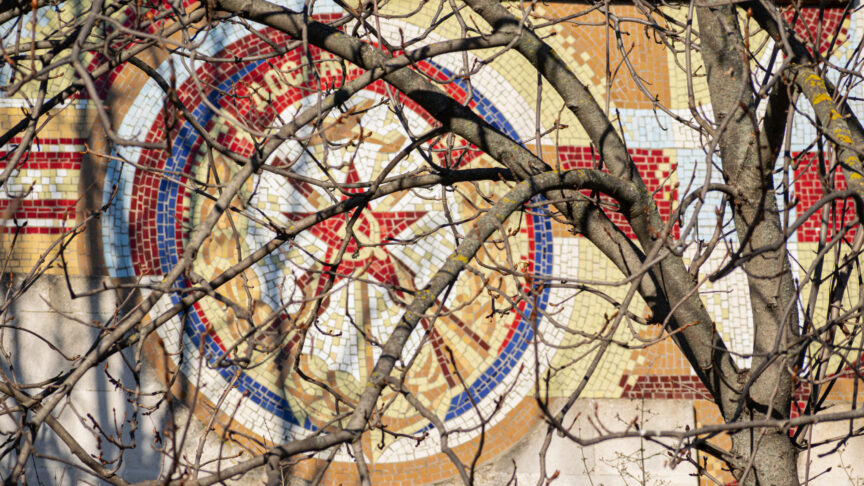
Russia’s war on Ukraine could have a heavy impact on other post-Soviet countries. Unless the EU helps these countries deal with the effects of the conflict, they could become increasingly dependent on the Kremlin
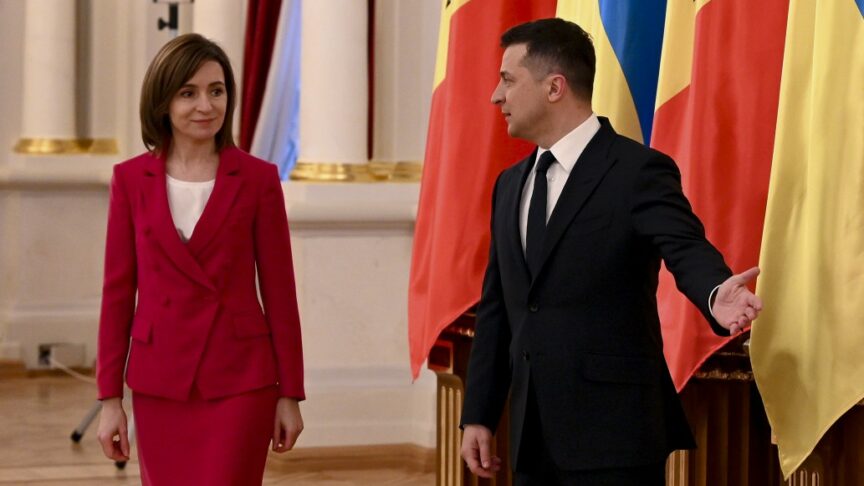
Relations between Moldova and Transnistria seem to be losing some of their traditional hostility. But, if Russia is in a hurry to achieve a public relations victory in Moldova, Chisinau will find it difficult to make progress in talks with the Transnistrian authorities
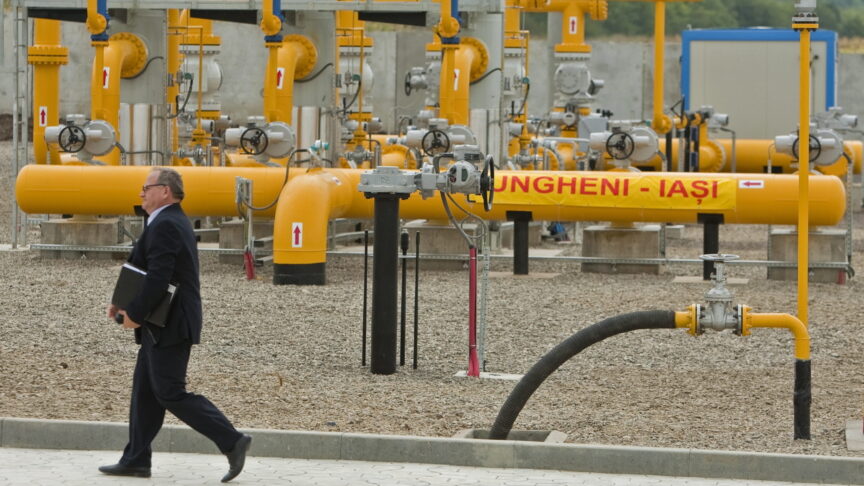
The EU should learn from Moldova’s response to its gas crisis. It would be a mistake to link Russian concessions on energy prices to talks in areas such as trade policy
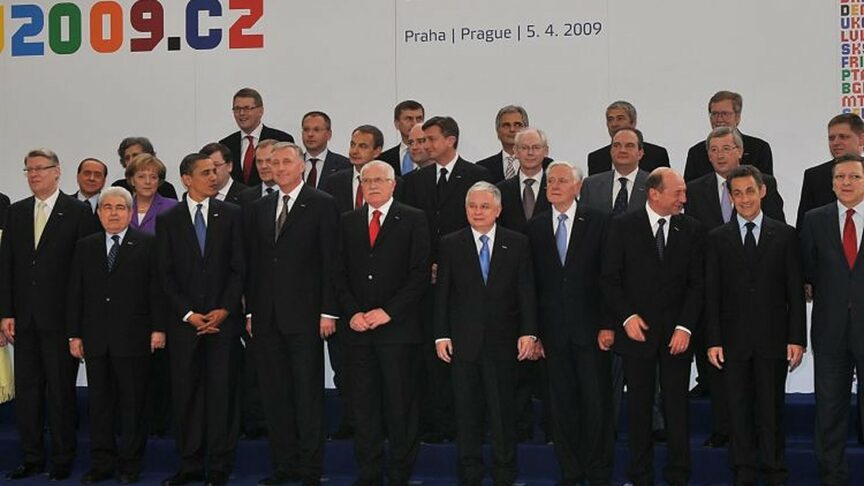
The EU’s success is mixed in generating reform among Eastern Partnership countries. But patience and self-confidence remain its best bet for the future

This webinar will discuss current revisions of the EU approach to enlargement policy and the security implications for Ukraine and the neighborhoods

Secondo appuntamento di una serie di tre working lunch realizzati congiuntamente da ECFR Roma, SDA Bocconi e l’Institute for European Policymaking @ Bocconi University

Ahead of the European Council in December where accession talks with Ukraine are expected to be opened, the European Council on Foreign Relations (ECFR) is…
Dicussion on Moldova's ongoing political crisis, the reasons behind the different actors involvement and the challenges the new government now faces
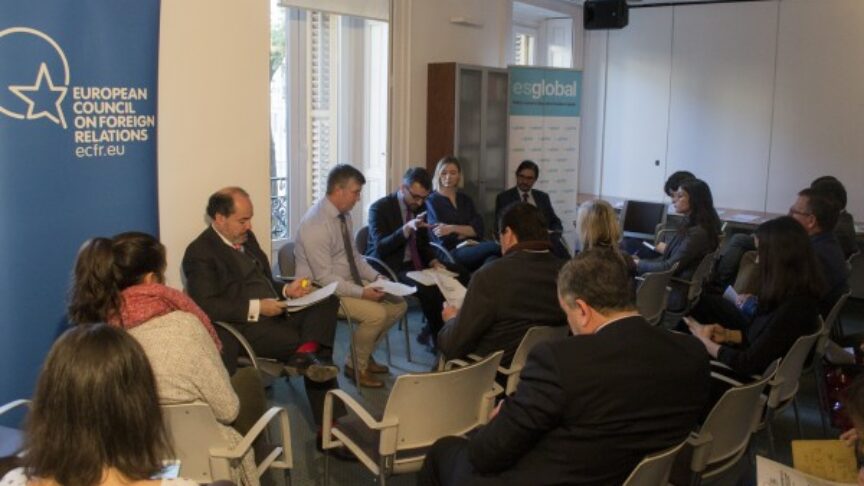
El pasado jueves 16 de noviembre, ECFR Madrid y esglobal, en colaboración con el Ministerio de Asuntos Exteriores y Cooperación (MAEC), organizaron un desayuno de trabajo a puerta cerrada
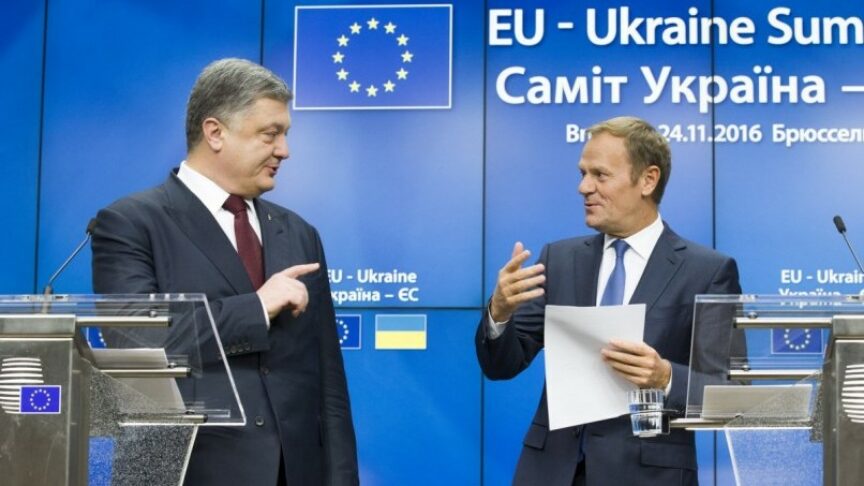
Panel discussion on the future of Europe's Eastern Partnership
How should Europe engage with the separatist authorities and people living in these territories?
Russia underwent fundamental military reforms which not only included modernization of equipment but also changes on structure and staffing. In the recent past, we have observed significantly faster mobilization of troops within few days and major threats to EU and NATO members. However, the European Union is badly prepared for the various scenarios regarding its defence strategy. For that a better coordination between EU and NATO, a willingness to react, and a re-focus on military core functions and capacities is of fundamental importance. The discussion proved to be very lively. Consensus on the strengthening of Russia's military was clearly at hand, but regarding the instruments to encounter this new military giant is still an open question for the foreseeable future